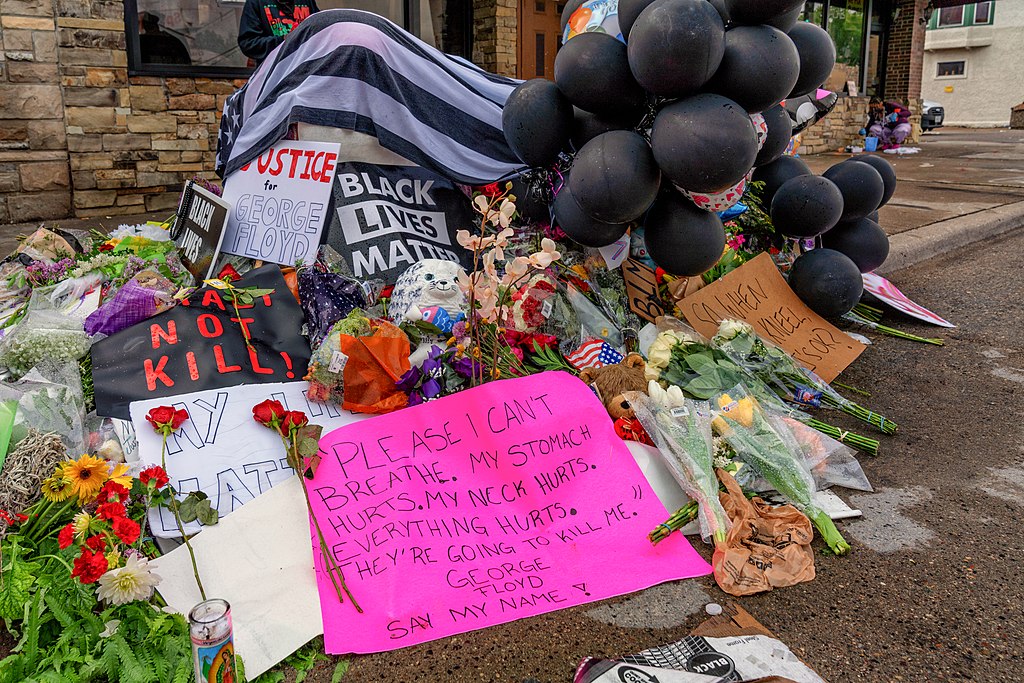The Minneapolis City Council on Friday approved an agreement with the state to overhaul its police department.
The settlement comes nearly three years after the murder of George Floyd by then-Minneapolis police officer Derek Chauvin while accompanied by three other officers.
Chavin was sentenced to more than 20 years after pleading guilty to federal charges that he violated Floyd’s civil rights when he knelt on Floyd’s neck for nine and a half minutes while detaining him in May 2020.
The nearly 130-page settlement agreed to by the Minneapolis City Council entails numerous changes in policing, including to the use of force; to stops, searches and arrests; using body-cams and dashboard cameras; officer training and wellness; and responding to mental health and behavioral calls.
Minneapolis officers would also no longer be allowed to search someone’s vehicle merely on the claim that police smelled marijuana. Nor can cops pull someone over just for a broken tail light.
Using chemical irritants to control a crowd will also be banned.
An independent evaluator will be employed to ensure compliance in the settlement; Minneapolis has 60 days to create the new unit.
Nationally, meanwhile, some U.S. Senators who had hoped to pass police reform legislation after the 2020 death of George Floyd have been hoping to revive talks in the wake of the police beating death of Tyre Nichols in Memphis.
In January, Senate Judiciary Chair Dick Durbin (D-IL) said he had begun discussions with Sen. Lindsey Graham (R-SC), the committee’s ranking Republican, about one of the major sticking points that ultimately led to the “George Floyd Justice in Policing Act,” which had passed the then-Democratic-led House in March 2021 but failed in the Senate: qualified immunity for police officers.
And while Minnesota’s state-level investigation into the death of Floyd, who was Black, has wrapped, the U.S. Department of Justice is still investigating whether Minneapolis police engaged in a pattern of discrimination.


